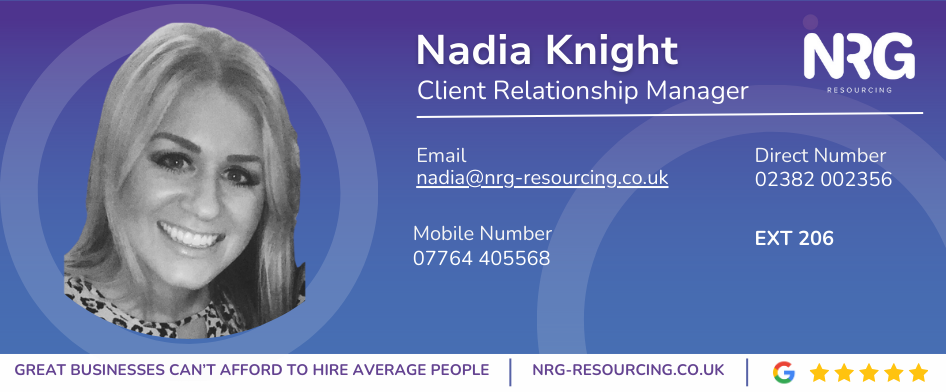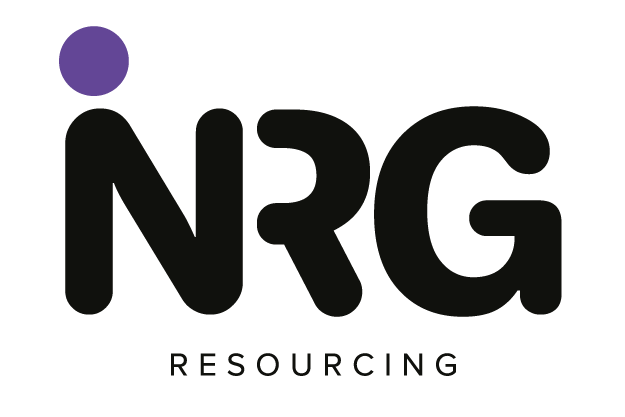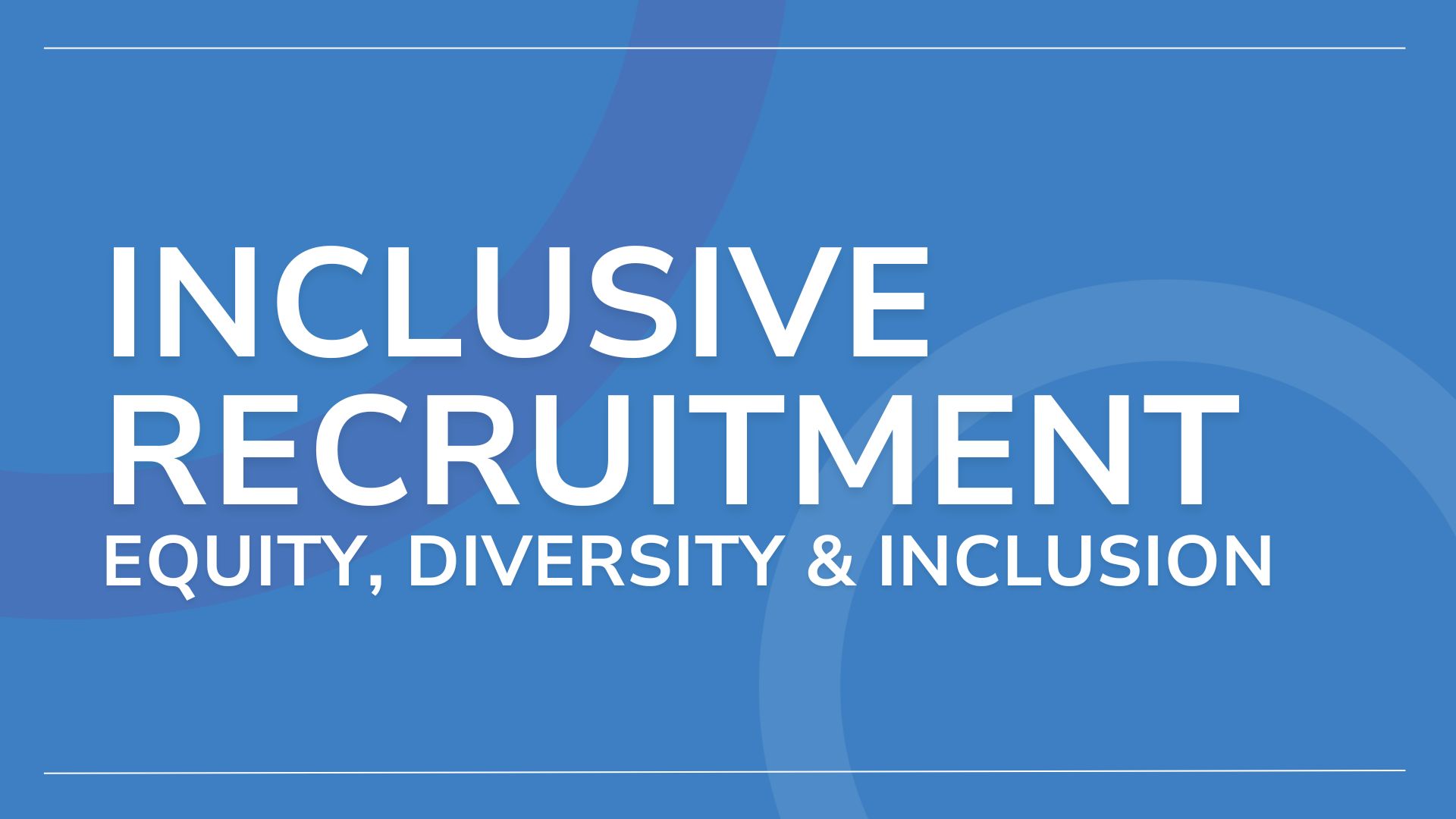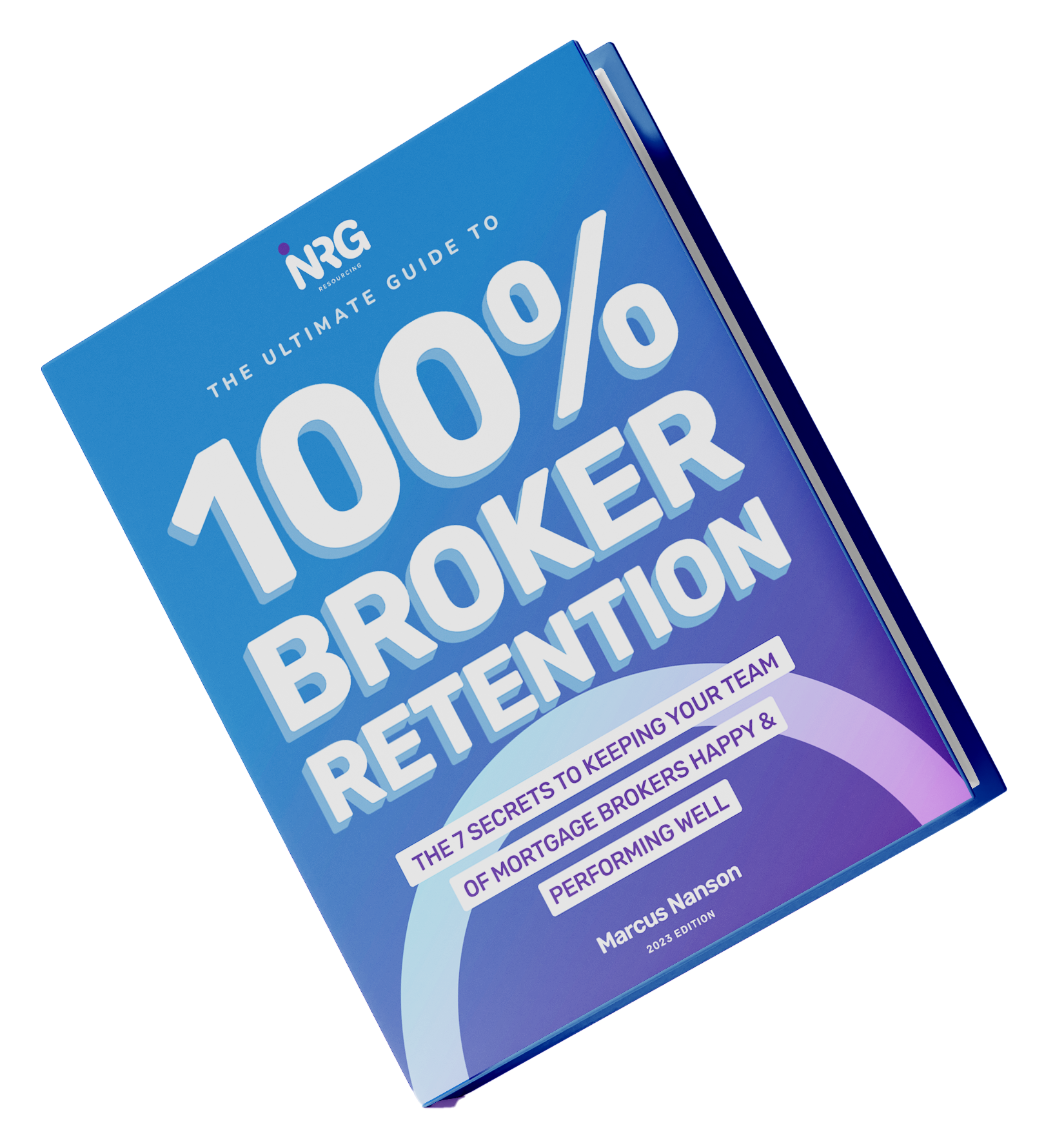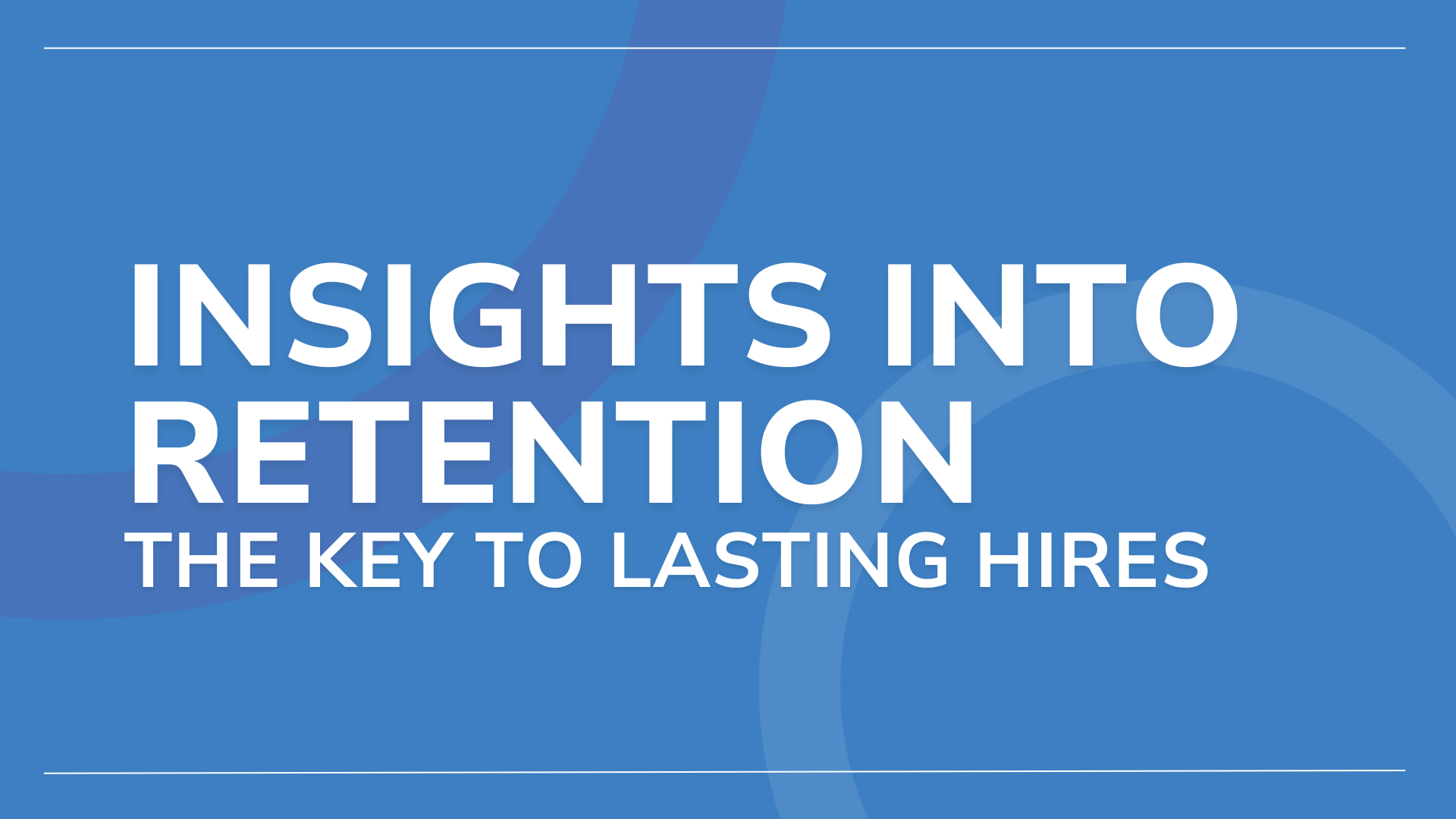6 Proven Ways to Boost Team Happiness and Productivity
The mortgage and lending industry has faced its share of challenges in recent years.
Economic ups and downs, new regulations, and market shifts have made this a stressful field to work in.
That’s why it’s more important than ever to create a happy and productive work environment. Happy employees are more engaged, motivated, and productive.
In fact, research from the University of Warwick found that happiness led to a 12% increase in productivity. Additionally, the Harvard Business Review reports that happy employees are 31% more productive.
So, to help you get the most from your team, here are six proven strategies to boost team happiness and productivity in your brokerage.
Let’s get started…
1. Promote Work-Life Balance
Balancing work and personal life is crucial for a happy, hardworking, and de-stressed team. Here’s how you can encourage it.
Flexible Working Hours: Allow employees to set their own hours within a certain range to manage personal commitments better. This can increase job satisfaction and reduce burnout.
Remote Work Options: Let employees work from home one or two days a week.
Encourage Time Off: Promote the use of holiday days and support employees in taking the time they need to recharge. Time Off shows that employees who take all their holiday days are 34% more likely to receive a bonus or raise.
2. A Supportive and Inclusive Culture
Creating a supportive and inclusive work environment is essential for employee happiness and productivity.
Open Communication: Encourage an environment where employees feel comfortable sharing their ideas and concerns.
Diversity and Inclusion Programmes: Implement initiatives that promote diversity and inclusion, ensuring all employees feel valued and respected. A diverse team brings varied perspectives and can drive innovation.
3. Recognise and Reward Contributions
Recognising and rewarding employees for their hard work can significantly boost morale and motivation.
Regular Recognition: Implement a system for regular recognition of employee achievements, such as monthly awards or shout-outs in meetings. This shows employees that their efforts are valued.
Monetary Rewards: Provide bonuses, gift cards, or other financial incentives for outstanding performance.
Growth Opportunities: Offer opportunities for career advancement, such as promotions, skill development programmes, and leadership training. Investing in your employees’ growth shows that you value their future with the company.
4. Build a Team that Fits the Company Culture
Hiring individuals who align with your company’s values and vision is crucial for driving your brokerage forward.
Behavioural Testing: Use behavioural testing to understand how potential hires might fit into your company culture. This can help you make informed hiring decisions.
Comprehensive Recruitment: Reach the entire available market—not just those who are unemployed or actively seeking jobs. Sometimes the best candidates are not actively looking. Working with a recruitment company specialising in mortgage brokers can help you find the perfect fit.
Team-Building Activities: Organise regular team-building activities to strengthen relationships and improve teamwork. These activities can help create a cohesive and collaborative work environment.
5. Employee Training
Your team is your most valuable asset. Regular training ensures they stay up-to-date with the latest financial tools and customer service best practices.
Continuous Learning: Encourage employees to pursue professional certifications and ongoing education. This helps them stay current with industry trends and enhances their skills.
Training Programmes: Offer ongoing training and development opportunities. Regular workshops, webinars, and courses can help employees improve their competencies.
Mentorship Schemes: Implement mentorship programmes where experienced employees can guide and support newer team members. This fosters knowledge sharing and professional growth.
6. Workplace Flexibility
Providing workplace flexibility can greatly improve employee satisfaction and productivity. It allows employees to balance their work and personal lives more effectively.
Remote Work Options: Allow employees to work from home one or two days a week. This flexibility can lead to higher job satisfaction and lower stress levels.
Flexible Working Hours: Let employees choose their working hours within a certain range. This helps them manage personal and professional responsibilities better, reducing burnout.
Supportive Policies: Implement policies that support flexible working arrangements. Ensure that employees feel trusted and valued when working flexibly.
Conclusion
Creating a positive work environment is not just about about being a popular boss.
Happy employees work harder.
By promoting work-life balance, fostering a supportive culture, recognising contributions, building a strong team, investing in training, and encouraging workplace flexibility, you can significantly enhance your team’s happiness and productivity.
Embrace these strategies to future-proof your brokerage and thrive in the competitive mortgage and lending industry.
If you’re committed to hiring high-quality, behaviourally suited talent, let’s connect and discuss how we can redefine your recruitment process, ensuring each new hire is not just an addition but a lasting asset to your mortgage business.
If you’re seeking a new role, or are searching for new talent, please click on the appropriate link to book a call with me today.
